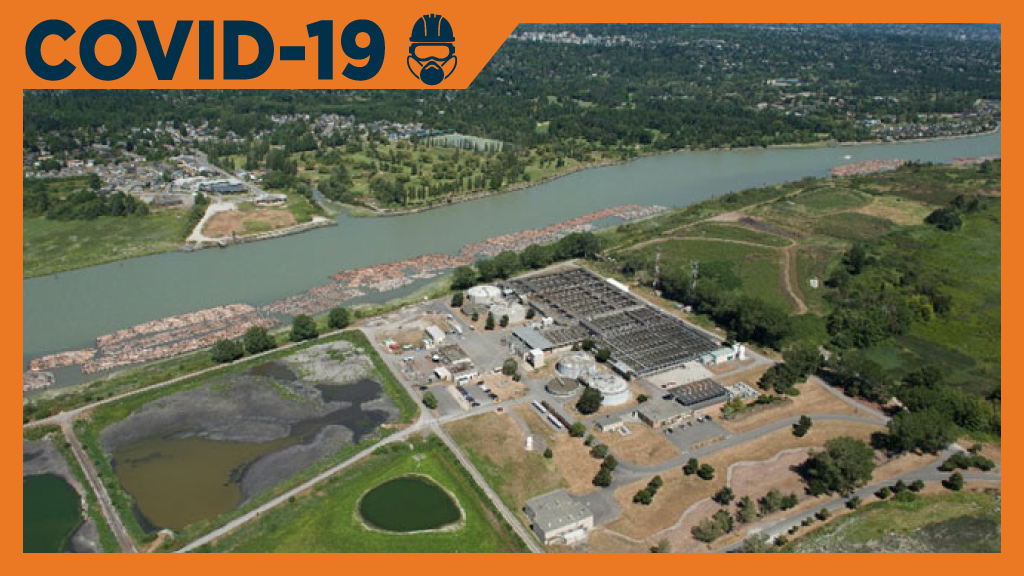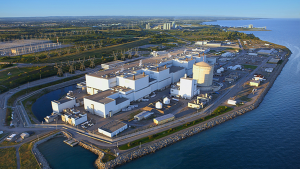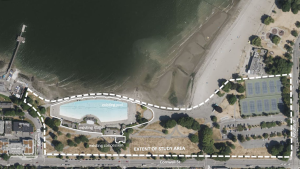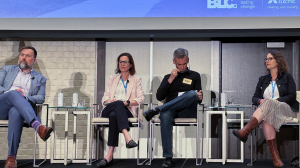METRO VANCOUVER — Metro Vancouver officials are urging the B.C. government to prioritize core infrastructure investments in its economic recovery strategy.
Officials made the request in a submission to the province’s consultation on Budget 2021. The submission – Supporting British Columbia’s Economic Recovery Through Shared Investments in Infrastructure – outlines a series of strategic co-investments in shovel-worthy and shovel-ready projects they believe will assist with economic recovery through creating long-term jobs.
The projects include upgrades and replacement of infrastructure for fresh water and wastewater treatment as well as renewable energy generation, parkland enhancements and affordable housing.
“As governments at all levels respond to the unprecedented fallout from the COVID-19 pandemic, the continuing resilience and performance of the Metro Vancouver region will be central to British Columbia’s and Canada’s recovery,” said Sav Dhaliwal, chair of the Metro Vancouver Board of Directors, in a press release. “Investments into critical infrastructure must be part of our collective, long-term economic recovery strategy, with a focus on creating family-supporting jobs, protecting the environment, mitigating climate change and meeting the demands of population growth.”
Metro Vancouver anticipates more than $6 billion will need to be spent over the next few years to build, maintain and upgrade its critical infrastructure.
The biggest project highlighted by Metro Vancouver is the federally-mandated replacement of the Iona Island Wastewater Treatment Plant which currently serves 770,500 residents. Upgrades include enhanced treatment technology, energy and resource recovery, enhanced seismic and climate resiliency and critical restoration of wetlands and juvenile salmon habitat at the mouth of the Fraser River.
The project would support 36,000 jobs, grow regional GDP by 2.4 per cent, and is currently being planned in with input with First Nations and the local community.
Metro Vancouver’s Capital Plan also includes creating 1,350 new housing units over the next 10 years to meet demand. Officials noted that leveraging financial support from the provincial and federal governments could double or triple that number.
“Local governments have been essential partners to the province in promoting healthy communities and resilient regional economies,” said Dhaliwal. “By investing together – in infrastructure, housing, clean energy, climate action, biodiversity and habitat restoration – we can create new jobs and opportunities for local businesses while improving our resiliency and future prosperity.”
The Metro Vancouver region is responsible for 61 per cent of British Columbia’s GDP and 1.29 million jobs, more than half of the province’s 2.4 million total.











Recent Comments